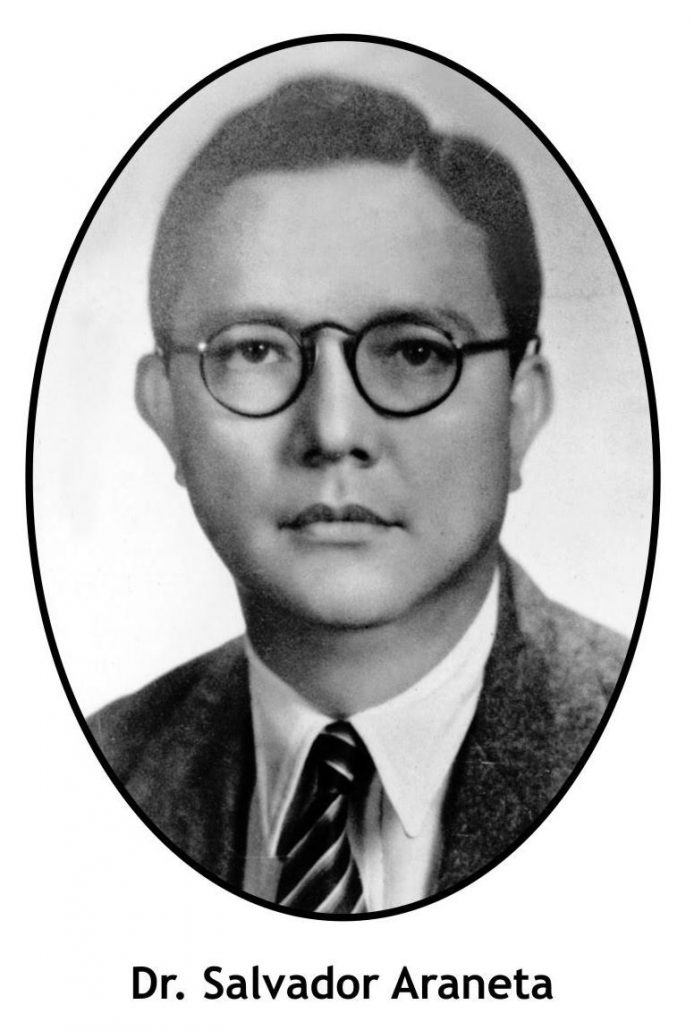 Article 74. No person shall hold public office to enrich himself outside his official compensation, nor hold two or more public offices. This prohibition and disqualification shall extend to the spouse, thereof.
Article 74. No person shall hold public office to enrich himself outside his official compensation, nor hold two or more public offices. This prohibition and disqualification shall extend to the spouse, thereof.
All persons in any capacity serving the Government shall give their full time to the service of the Government, and shall not engage in business or in the practice of their respective professions. They shall be adequately compensated.
A public official found guilty of graft and corruption shall pay a fine double the amount of the subject of his offense, serve a prison term to be defined by law, and suffer total and perpetual disqualification as a voter, as government employee or official, or civil service eligible.
Before they take their oath or pledge of office, public officials shall sign an irrevocable power-of-attorney in favor of the Government so that the latter may confiscate any illegal funds remitted abroad.
Article 75. All administrations in all levels of government shall hold office for six years. No person who has served, in any capacity, in any level of government during one administration, is qualified to serve in a non-career office in the following administration.
Non-career public servants are those elected or appointed, not belonging to the civil service, the judiciary, the police force, and the diplomatic service (except for a few ambassadors who may be political appointees).
EXPLANATORY NOTES
Articles 74 and 75 are best studied together. Article 75 provides that all administrations in all levels of government from the barrio level to the Federal Government level, shall be for a term of six years. A non-career public official serves only one administration, and he is not qualified to serve in any public office in the subsequent administration. This prohibition does not apply to memberships in intermediate bodies, as they remain, as such, private citizens. (Article 59 and 71).
By this provision, all candidates to a public office are private citizens. We eliminate the malady of career politicians. While a person is in the government service, he must give his full time to the people, as provided in Article 74. No person can have a divided loyalty: loyalty to the people, and at the same time, to the family.
Again, no person can hold two offices in the public service at the same time, and this prohibition automatically applies to the spouse thereof. A public officer, as he gives his full time and loyalty to public service during a maximum of six years in a non-career capacity, cannot enrich himself, openly or undercover, with an involvement in any legitimate business or in any graft or corrupt-ridden modus operandi.
Under the above provision, we apply the cardinal rule of boxing to the game of politics: “a heavy-weight cannot fight a light-weight.” In politics, the heavy-weight is the one who has been in power as Cabinet member, as a governor, or as a member of the legislative power. He cannot, immediately thereafter, run for any public office.
The objection usually presented to this prohibition is that membership in Parliament is a career service to “train statesmen.” This may have been so when universal education in the college level was the exception rather than the general practice. But today, at least in the Philippines, we know that there are many young, patriotic business executives and technocrats successful in private practice, who would like to offer their services for the common good, but would never think of running for election, where he would most likely be defeated by the career politicians and the private dynasties in our government service. There were several cases where the husband was a congressman in the province, while the wife was the governor of the province, and they were elected again in their respective reelections.
A good senator in the Philippines is a good one in his very first year in office, due to his capabilities and personal qualifications which he brings to the office. A mediocre member of the Senate remains mediocre, not only during his first term in office, but in all subsequent terms of office that he might have, supported by the nefarious doctrine developed by the political parties in the Philippines of the so called “equity of the incumbent.” That is, his priority, again and again, to be nominated in the senate slate of his party. Dishonesty of the public officials shall be met by actions against them through any of the prosecuting powers created in this Constitution: the Tribune of the People (Article 59), the Blue Ribbon Commission (Article 58), the Finance Commission (Article 58), and the Commission on Audits (Article 56).
To ensure that wealth obtained by the public officials in violation of their fidelity to the people and remitted abroad can be traced and recovered by the Government, all public officials shall be required to execute an irrevocable power-of-attorney in favor of the Government, to take care of the situation (Article 74, paragraph 4).
Article 76. In the legislative department of the Federal and State governments, one-half of the members of the Parliament and State Assemblies shall be elected every three years, and all candidates for the office shall therefore be private citizens who have not been, in any manner, in the payroll of the government during the preceding six years. (To be continued/PN)

